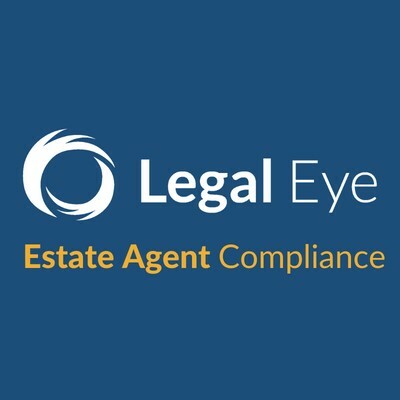Protect yourself form organised criminal groups!
The recent Solicitors Regulation Authority review into AML enforcement trends revealed a rise in AML related reports in 2023. With 249 AML related reports and 522 breach reasons, insights into enforcement action and issues that are seen at client and file level have been highlighted. There are many contributory pitfalls and failings and plenty of ways that firms can seek resolution.
The use of professional enablers and criminal groups to provide professional services that enable criminality is one threat reported to be on the rise with the NCA’s UK Financial Intelligence Unit, in a recent August 2023 publication, confirming:
‘Professional Enablers pose a significant risk to the integrity of the UK’s legitimate economy and reputation . . . highlighting their role at the heart of serious and organised crime impacting the UK. Their specialist skills, knowledge and expertise are exploited by criminals to launder the proceeds of crime.”
So, what is a professional enabler and how does a firm know how to spot one? An Individual or organisation that is providing professional services that enable criminality would be classed as a professional enabler. Their behaviour is deliberate, reckless, improper, dishonest and/or negligent through a failure to meet their professional and regulatory obligations.
Procedures should be in place to monitor processes so that no one slips through the net.
There are many red flags that can alert a firm to the threat of criminal activity which are highlighted on the warning notice on money laundering and terrorist financing first issued in December 2014 and updated in 2018. These include; Clients being secretive about who they are, about the reason for the transaction or the source of the funds, use of an intermediary or the vehicle to disguise the identity of the true client, unexplained urgency and requests for shortcuts.
Asking questions and being open to the prospect of criminal activity is advised along with paying attention to last minute changes, new company start-ups and requests to make payments to and from third parties.
The consequences of not fulfilling these requirements can be significant. The SRA reported a fine for an Oxfordshire law firm to be £20,000 after finding it “reckless” in failing to comply with the anti-money laundering (AML) requirements.
In increasing the fining power, Lord Chancellor Dominic Raab said the SRA would be able to impose fines for a broader range of offences, including “failure to implement the appropriate checks required to uncover signs of money laundering by clients”.
The harm caused by the underlying criminality associated with money laundering and other forms of illicit finance is also profound, and measures to try and prevent this should be supported.
Trust our experience to eliminate risk and contact: www.legal-eye.co.uk/estate-agents
Find out more about Legal Eye here: https://www.kerfuffle.com/suppliers/legal-eye





